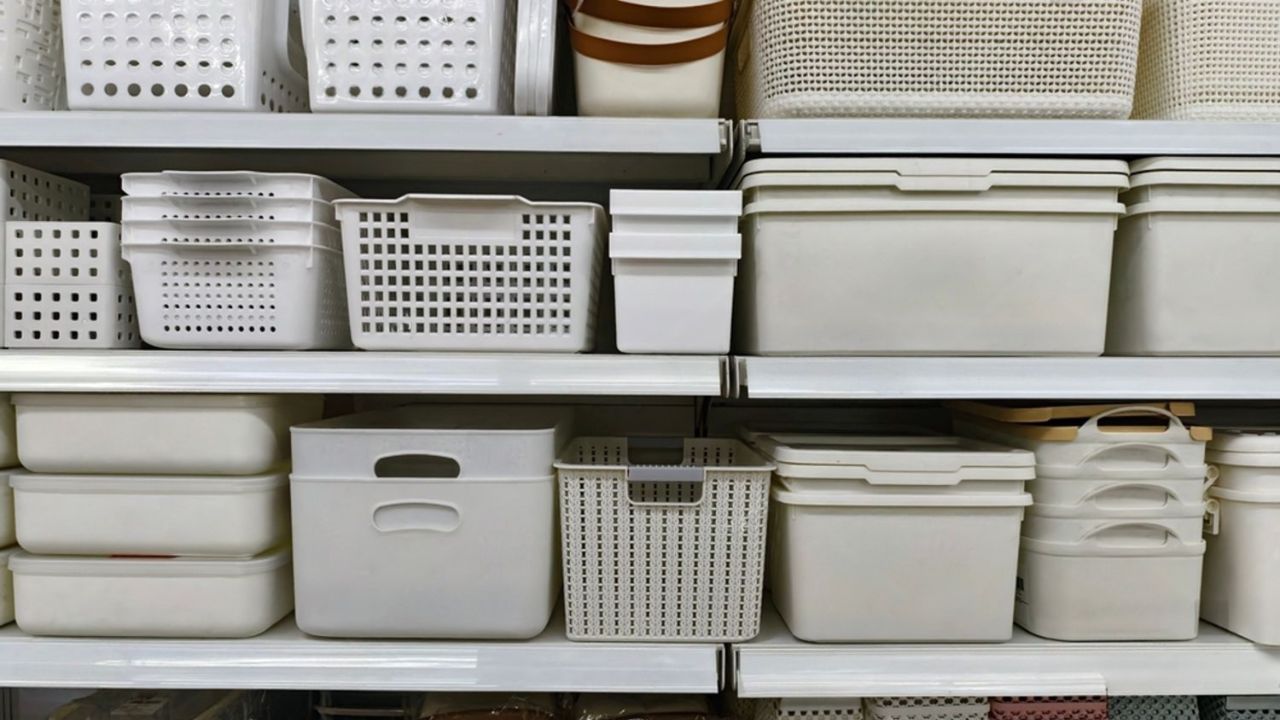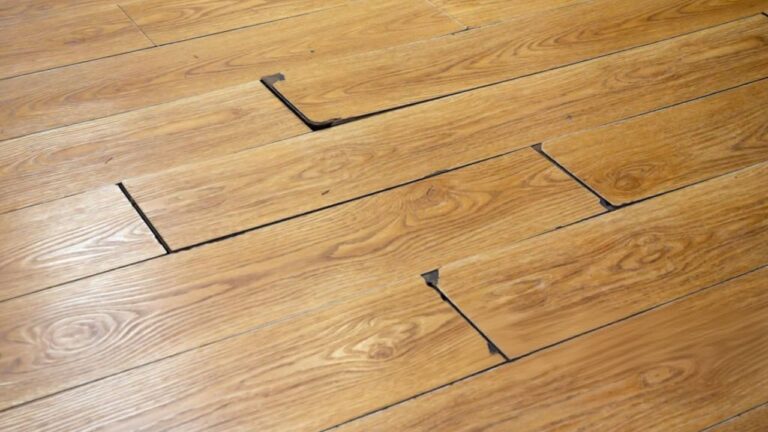You don’t need more storage — you need this one thing gone
Every home reaches that point where it feels like there’s not enough space. You start looking at new storage bins, baskets, and shelving systems, thinking that’ll finally fix it. But here’s the truth — most homes don’t have a storage problem.
They have a “too much stuff” problem. And more specifically, there’s one type of thing that eats up your space faster than anything else: the things you’re keeping “just in case.”
The “just in case” items are taking over
You know the ones — the extra cords, backup coffee mugs, spare bedding for guests that never come, and boxes full of old supplies you might need someday. These items feel practical, but in reality, they’re stealing the space that could make your home actually function.
The problem is psychological. Getting rid of things that might be useful later feels wrong, even though 99% of the time, they never are. Once you recognize that most “just in case” stuff isn’t helping you live better, it becomes easier to let go.
Storage doesn’t fix clutter — it hides it

Every time you buy another tote or drawer organizer, you’re not solving the problem — you’re containing it. That’s why even beautifully organized homes still feel crowded. Storage can make a room look neat for a while, but it doesn’t create more space. It just gives your excess a new home.
The real progress comes when you subtract before you organize. When you start removing the things you don’t use, storage suddenly becomes less of a need. Your closets breathe again, your cabinets close easily, and you can actually find what you own.
Your “extras” are keeping you from enjoying what you have
Having multiples of the same item feels like convenience, but it often does the opposite. Two of everything turns into five of everything, and before long, you can’t tell what’s worth keeping. You end up reaching for the same favorites while the rest collects dust.
Go through one category at a time — towels, utensils, décor, whatever — and be honest about what you use regularly. You’ll find that getting rid of the extras makes what’s left feel more valuable. Your home feels cleaner, but more importantly, it starts to function again.
More stuff creates more work
The more you own, the more time you spend managing it. You’re cleaning around it, organizing it, moving it to reach something else, or trying to remember where you put it. That’s why every extra bin or cabinet eventually feels full — stuff expands to fill the space you give it.
Once you start letting things go, you’ll realize how much lighter home life feels. Less stuff means faster cleaning, easier decision-making, and fewer things to maintain. The time and mental space you get back are worth more than any extra shelving system.
Sentimental clutter sneaks in under the radar

Not all clutter is practical clutter. Sometimes it’s emotional. Old baby clothes, gifts you feel guilty getting rid of, or keepsakes from hobbies you’ve moved past — they all take up space without adding to your life now.
You don’t have to get rid of every memory, but you can be selective. Keep a small box for items that truly mean something. Take photos of the rest. The goal isn’t to erase the past; it’s to stop letting it fill every shelf and drawer.
Letting go is the real way to make room
You don’t need another set of baskets or a Pinterest-worthy organization system. You need clarity — to see what you actually use and love without the clutter getting in the way. Once that happens, your existing space feels bigger and more functional without spending a dime.
When you stop trying to manage the excess and start clearing it out, everything in your home starts to work the way it should. You’ll find that what you needed wasn’t more storage — it was less stuff standing in your way.
Like Fix It Homestead’s content? Be sure to follow us.
- I made Joanna Gaines’s Friendsgiving casserole and here is what I would keep
- Pump Shotguns That Jam the Moment You Actually Need Them
- The First 5 Things Guests Notice About Your Living Room at Christmas
- What Caliber Works Best for Groundhogs, Armadillos, and Other Digging Pests?
- Rifles worth keeping by the back door on any rural property
*This article was developed with AI-powered tools and has been carefully reviewed by our editors.







